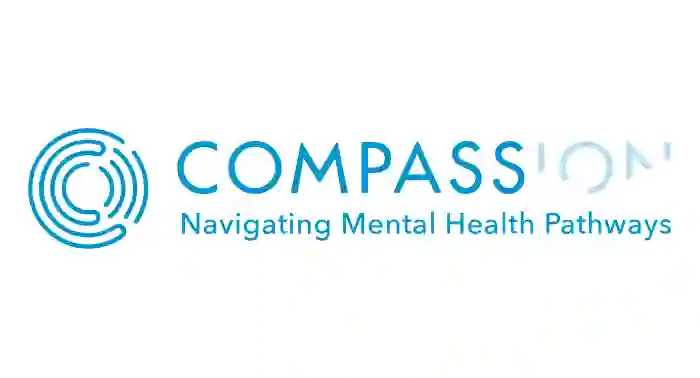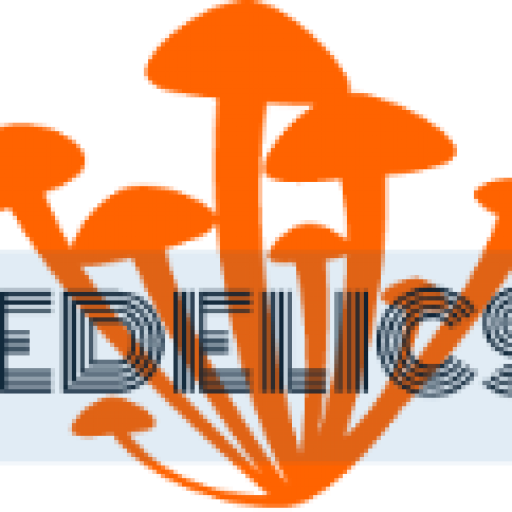Uncategorized
Compass Psychedelics: A New Frontier in Mental Health Treatment
Psychedelic drugs have been around for centuries, and their use has been associated with religious, spiritual, and therapeutic practices. Recently, there has been a resurgence of interest in the therapeutic potential of psychedelics, and companies like Compass Pathways have emerged to develop psychedelic-based therapies for mental health disorders. In this blog post, we will explore the concept of Compass Psychedelics, how they work, and their potential applications in treating mental health disorders.
What Are Compass Psychedelics?
Compass Pathways is a mental health care company that specializes in developing psychedelic-based therapies for mental health disorders such as depression, anxiety, and post-traumatic stress disorder (PTSD). Their flagship product, COMP360, is a synthetic form of psilocybin, the active ingredient found in magic mushrooms. COMP360 is a single-use drug that is administered in a controlled environment under the supervision of trained healthcare professionals.
How Do Compass Psychedelics Work?
Psychedelics work by altering the brain’s neural activity, leading to changes in perception, mood, and cognition. Psilocybin, the active ingredient in COMP360, binds to serotonin receptors in the brain, leading to an increase in serotonin activity. This increase in serotonin activity is believed to be responsible for the psychedelic effects of psilocybin, such as altered perception, mystical experiences, and changes in mood and emotions.
Research has shown that psilocybin-assisted therapy can have lasting positive effects on mental health disorders. For example, a recent study showed that psilocybin-assisted therapy was effective in reducing symptoms of depression and anxiety in cancer patients, and the effects lasted for up to six months after treatment. This suggests that psilocybin-based therapies could be a viable alternative to traditional antidepressants and anxiolytics.

Applications of Compass Psychedelics
Compass Pathways is currently focused on developing psilocybin-based therapies for mental health disorders such as depression, anxiety, and PTSD. However, the potential applications of Compass Psychedelics extend beyond these conditions.
Addiction
Research has shown that psilocybin-assisted therapy can be effective in treating addiction to substances such as tobacco and alcohol. A study conducted by Johns Hopkins University showed that psilocybin-assisted therapy was effective in helping long-term smokers quit smoking. The study participants reported that they experienced a greater sense of self-awareness and insight into their addiction, leading to a greater motivation to quit smoking.
End-of-Life Care
Psilocybin-assisted therapy has also shown promise in improving the quality of life of terminally ill patients. A study conducted at NYU School of Medicine showed that psilocybin-assisted therapy was effective in reducing symptoms of anxiety and depression in patients with advanced-stage cancer. The patients reported a greater sense of peace and acceptance of their condition, leading to an improved quality of life.
Performance Enhancement
Psychedelics have been shown to enhance creativity, cognitive flexibility, and problem-solving abilities. These effects have led some to believe that psychedelics could be used as a tool for performance enhancement in fields such as the arts and sciences.
The Future of Compass Psychedelics
The potential applications of Compass Psychedelics are vast, and the future of these therapies is promising. However, there are still many questions that need to be answered before these therapies can be widely adopted.
Legalization
Psychedelics are currently classified as Schedule I drugs in the United States, meaning they are considered to have no medical value and a
high potential for abuse. This classification has made it difficult for researchers to conduct studies on the therapeutic potential of these drugs, and it has also limited access to these drugs for patients who could potentially benefit from them. However, there has been a growing movement to legalize psychedelics for medical use, and several states and cities in the United States have already passed laws decriminalizing the use of these drugs.
Safety and Efficacy
While the potential benefits of Compass Psychedelics are promising, there are still concerns about the safety and efficacy of these therapies. Psychedelics can induce powerful and sometimes unpredictable experiences, and there is a risk of adverse reactions. Additionally, there is a need for more rigorous scientific research to understand the long-term effects of these therapies on mental health disorders.
Accessibility
Even if Compass Psychedelics are proven to be safe and effective, there are still questions about their accessibility. These therapies require trained healthcare professionals to administer them in a controlled environment, and they may not be accessible to all patients who could benefit from them. Additionally, there may be cost barriers to accessing these therapies, as they are likely to be expensive and may not be covered by insurance.
Conclusion
Compass Psychedelics represent a new frontier in mental health treatment. These therapies have the potential to revolutionize the way we treat mental health disorders, and they offer hope for patients who have not found relief from traditional treatments. However, there is still much that needs to be done to understand the safety and efficacy of these therapies, and to make them accessible to all who could benefit from them. As research on Compass Psychedelics continues, it is important to approach these therapies with caution, but also with an open mind and a willingness to explore new and potentially transformative treatments for mental health disorders.



